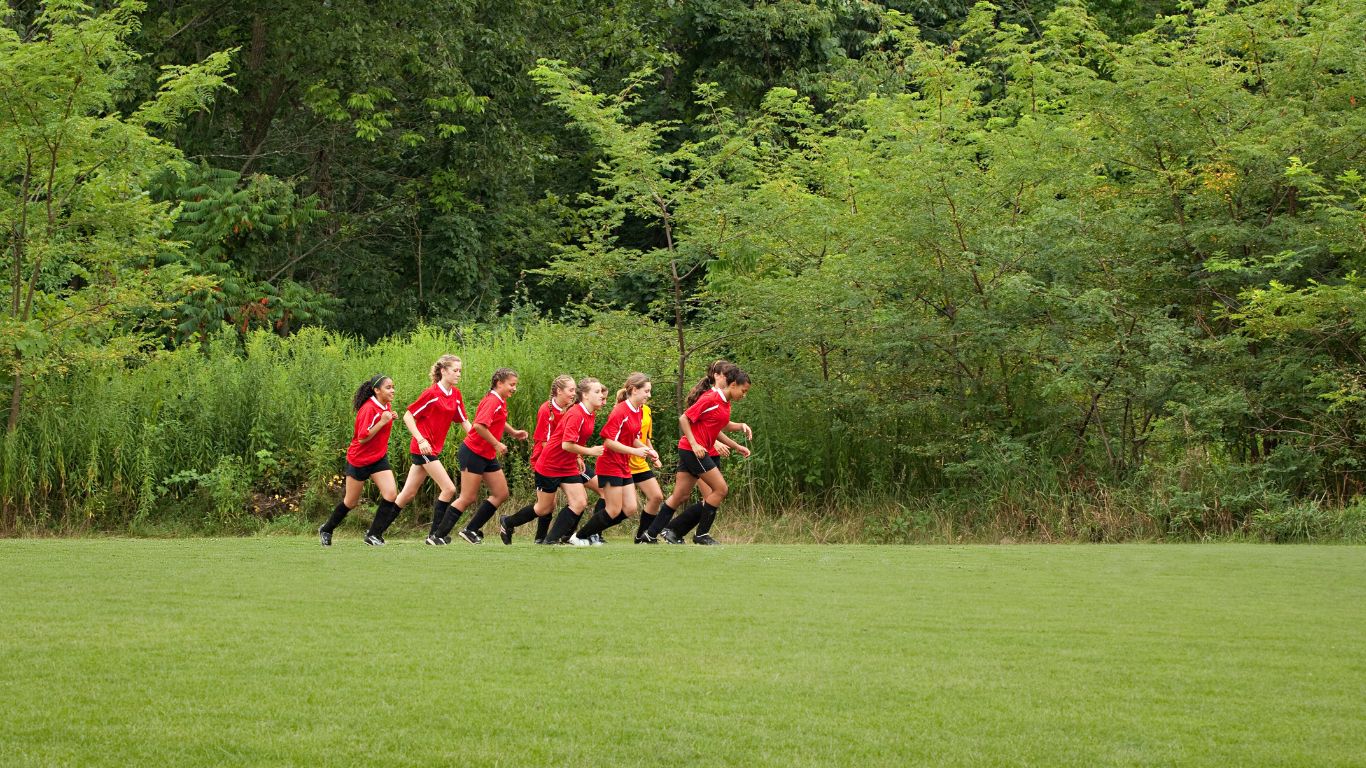Pole dancing has climbed from the shadows of nightclubs to the well-lit stages of international competitions, challenging the traditional boundaries of sporting activities. This dynamic and gravity-defying activity has sparked debates about its recognition as a sport. Applying the criteria for what constitutes a sport, how does pole dancing measure up? To explore this, we’ll draw upon definitions, criteria, expert opinions, and case studies within the pole dancing community.
A Sport by Definition
By definition, sport is characterized by physical exertion, competition, governed rules and scoring, skill development, governance, and spectator appeal. Pole dancing involves considerable physical effort, requiring strength, endurance, and coordination. Competitions are held globally, showcasing the athletes’ abilities in structured events with specific rules and scoring systems.
Training practices emphasize skill development where pole dancers hone their craft through rigorous routines. The existence of governing bodies such as the International Pole Sports Federation (IPSF) confirms an authoritative oversight presence. Lastly, pole dancing has a growing base of fans and spectators drawn to the artistry and athleticism of the performances.
Competitive Evidence
Pole dancing stages organized competitions like the World Pole Dance Championships, evidencing its competitive nature. World-renowned pole dancers like Felix Cane have gained recognition similar to other elite athletes, further grounding pole dancing within the sports domain.
Expert Opinions
Quotes and insights from professional pole dancers confirm the sport’s inherent physicality and competitiveness. Coaches emphasize the dedication required to achieve mastery, likening it to training regimens of more traditional sports disciplines. These elements resonate with the core aspects of sporting activities, suggesting pole dancing’s legitimacy as a sport.
Stigma and Cultural Perspectives
Despite the evidence, stigma and cultural perceptions persist, often dismissing pole dancing as mere entertainment. Yet, even critics cannot disregard the athletic prowess exhibited by pole dancers. The subjective nature of defining what constitutes a sport creates a spectrum where pole dancing’s classification can be debated.
Finding Common Ground
On neutral ground, we can appreciate pole dancing’s athleticism without the need to pigeonhole it categorically. Whether one views it as a sport or not, it’s an art form demanding respect for its physical demands and skill requirements.
FAQs
Q: Do any major sports organizations recognize pole dancing?
A: Yes, the International Pole Sports Federation (IPSF) is one notable organization that recognizes pole dancing as a sport. They host competitions and work towards achieving Olympic recognition for pole sports.
Q: Can people of all fitness levels pursue pole dancing?
A: Absolutely. Pole dancing is adaptable to various fitness levels, with beginners starting with basic moves and gradually progressing to more complex techniques as their strength and skill improve.
Q: What are the physical benefits of pole dancing?
A: Pole dancing offers a comprehensive workout that improves strength, flexibility, coordination, and cardiovascular health. It’s particularly effective in building core stability and muscular endurance.
Q: Is there an age limit for starting pole dancing?
A: There is no specific age limit for starting pole dancing. Participants of all ages can enjoy and benefit from pole dancing, provided they take appropriate safety precautions and follow a level-appropriate program.
Q: How do pole dancers deal with the stigma associated with their sport?
A: Pole dancers often focus on their sport’s athleticism and artistic aspects, promoting its health and fitness benefits. Community support and increasing public awareness through competitions and demonstrations also help counteract stigma.
Concluding Thoughts
Pole dancing, with its infusion of grace, strength, and competition, meets many critical facets of the definition of a sport, yet recognition varies depending on cultural, historical, and personal biases. Its unique blending of performance and athleticism should inspire an expanded view of what activities merit the title of ‘sport.’ Regardless of one’s stance, the conversation around pole dancing and its place in recognized sports opens up discussions on inclusivity, diversity, and the evolution of the sport.











